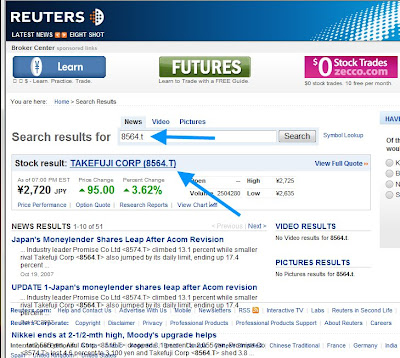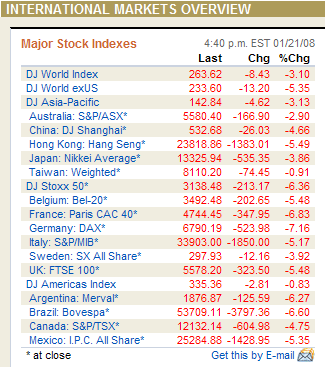BCE Merger Arbitrage Situation Very Attractive
The BCE merger situation is quite attractive right now. You are looking at around 17% return by the end of the 2nd quarter (I'm primarily looking at the Canadian stock price; US$ returns will differ based on currency fluctuations). The downside risk has been significantly reduced. Andrew Willis of The Globe & Mail points out that the stock market is pricing in zero chance of the closure of the deal: BCE shares touched lows of $33.30 yesterday. At that price, the company is changing hands at a price that reflects fundamentals, not the $42.75-a-share that the Teachers' consortium promised in July. It is now possible to play the world's biggest pending takeover with next to no downside. There is still some downside risk since the stock ran up before the merger announcement. I would say the downside is around 5% while the upside is 17%. Analysts figure that based on projected earnings, plus the $3.2-billion of cash coming from the Telesat sale, plus a scheduled dividend,



